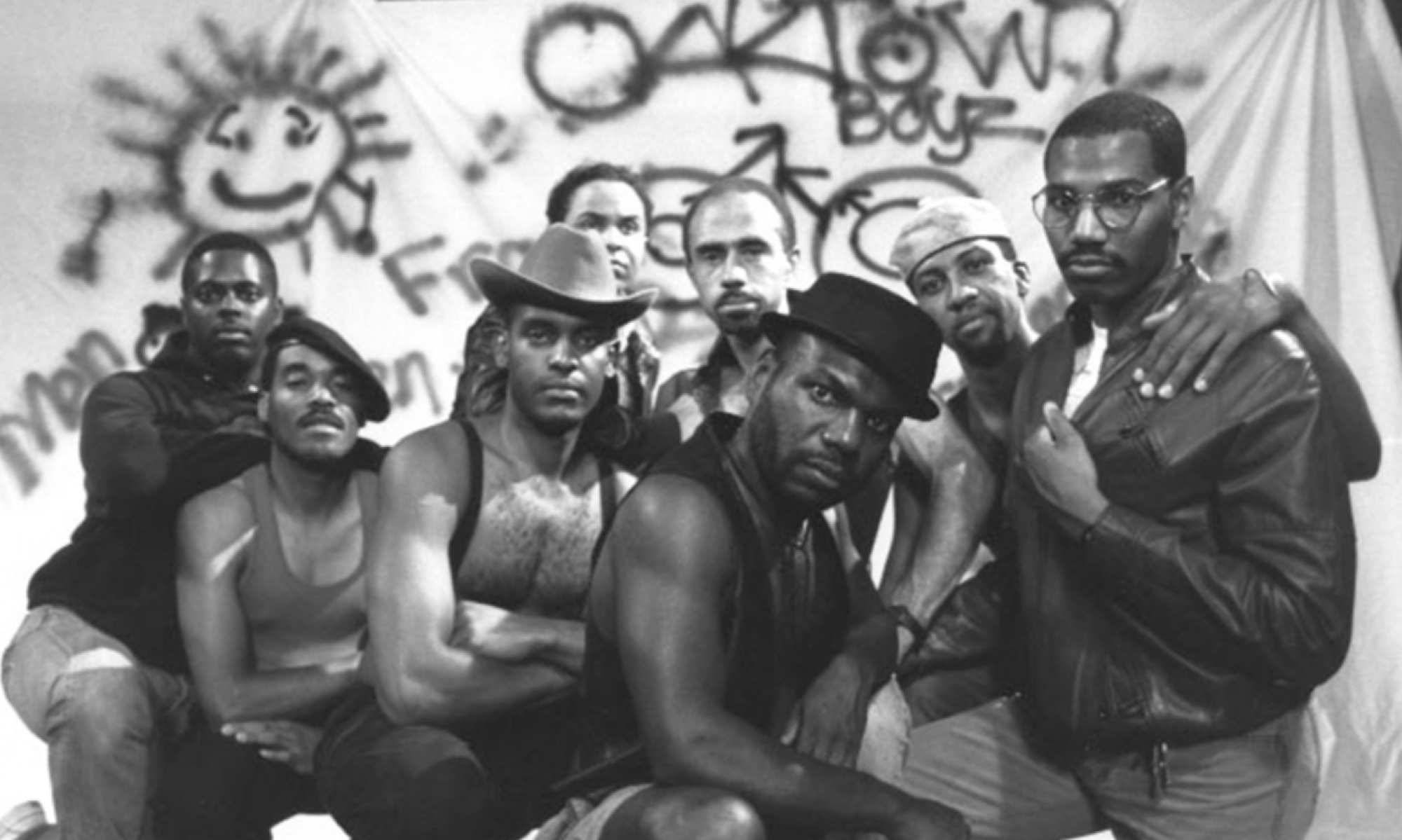From the very beginning, Pariah establishes itself as a film with bold soundtrack choices, and the music is inextricably linked to the social context it is heard in. The film begins with “My Neck, My Back” playing at the club, while Lee and Laura watch a dancer and try to get women’s numbers. The explicit music booms over the speakers, and the energy is felt throughout the club. Music is an undeniably social experience— people share songs with one another, sing and dance along to the songs at the club. If a person is not familiar with the song or not into the vibe of the music, the sense of exclusion is palpable. Lee is frequently seen with her headphones in, listening to her own music, and music functions as both an isolating force and an escape into a world where she feels comfortable. But with Bina, that world starts to open up a little, as she finds someone who she can talk music with. Music is one of the major things they bond over – it is their shared language. Bonding over music also becomes emblematic of their apparent compatibility or comfort with one another. When Lee goes to the club with Mika, feeling awkward and fidgety while wearing the strap-on, she brushes Mika’s request to dance off, and says she is “not feeling the music.” This is contrasted to Bina’s later invitation to a party—she entices Lee by saying that it’ll have her kind of music.
Musical taste becomes a key point of conversation and in important signifier that Lee has found someone like her. In Bina’s bedroom, while Bina flips through CDs, Lee denies liking Jay-Z or Fifty Cent; they are too “commercial.” Instead, she likes “conscious stuff” that she doubts Bina has heard of, like “Roots. Black Star. Asheru and Blue Black. Pharcyde.” Of course, Bina does recognize some of these artists, and then asks if Lee has heard of Tamar-kali, which she hasn’t. They then listen to a Tamar-kali song. Tamar-kali is, of course, a composer who contributed songs to the film, and is a frequent collaborator with Dee Rees. She also provided the song for the closing credits – “Fire with Fire,” a cover of a song by Gossip. Tamar-kali exists within the film as a source of bonding, reinforcing the importance of finding communities through music; Alike’s discovery of her music may very well be the viewer’s first introduction to the music as well. In the interview with Tamar-kali we read, she connects her interest in punk rock with starting to question authority. Resisting the mainstream musical tastes, and asserting your own choices via what you listen to over your headphones, is an act of self-expression. As the credits roll, we hear the lyrics: “It ain’t the end of the world girl / You’ll find your place in the world girl / All you gotta do is stand up and fight fire with fire.” Even if Lee hasn’t exactly found her “place,” she’s found Tamar-kali and her songs…. Giving her the confidence in herself to move forward.
